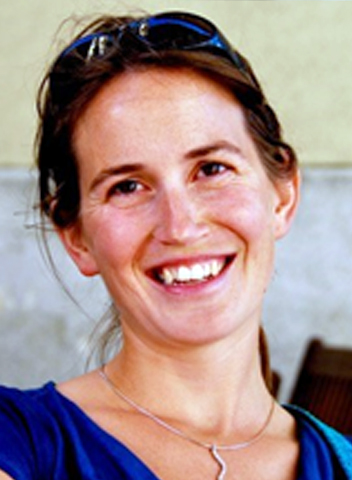Cardio-Oncology Grant
The prize is awarded to non-commercial projects in the field of cardio-oncology.
The research can be centred on basic insights in cardio-oncology or cover broad aspects related to the clinical practice.
2022 Lucas Van Aelst – KU Leuven
Preclinical and clinical assessment of the beneficial effects of hepcidin, a pivotal endogenous regulator of iron metabolism, on anthracycline-induced cardiotoxicity
2021 Gilles De Keulenaer - UAntwerpen
Cardiovascular disease and cancer are linked through the NRG1/ERBB3 signaling system
Most research in cardio-oncology is devoted to the study of cardiotoxic effects of chemotherapeutics or radiotherapy. These studies are important to allow optimal cancer treatment without cardiac side effects. However, there is also another aspect that associates cardiology and oncology. Recently, it has become evident that from a basic pathophysiological perspective cardiovascular disease (CVD) and cancer are mechanistically connected. Overlap in pathophysiology between CVD and cancer would explain why cancer is accelerated by CVD (and in particular by heart failure) as recently shown in epidemiological human studies and recapitulated in mice with intestinal cancer. The underlying mechanisms of the cancer-inducing effects of heart failure are currently unknown and clinically relevant. Therefore, it is necessary that physiological processes at the crossroads of both diseases are meticulously tested.
In this project, we hypothesize that endothelial secretion of neuregulin-1 (NRG1), which is known to be increased in diverse forms of CVD including heart failure, accelerates intestinal and breast cancer. NRG1 is an endothelium-derived growth factor known to mitigate heart failure with diverse etiologies. Clinical trials with NRG1 are ongoing, and small molecule mimics are under development in our laboratory. However, NRG1 binds to different ERBB receptor tyrosine kinases, of which some are oncogenes expressed by cancer cells. ERBB4 receptors are mostly linked to protection of the CV system, whereas ERBB2/ERBB3 receptors expressed by intestinal and breast cancer cells are linked to rapid cancer progression and increased invasiveness.
In this project, using clinically relevant transgenic mouse models with spontaneous development of intestinal or breast cancer (and known to express various ERBB receptors), we want to analyze whether induction of heart failure accelerates cancer progression through endothelium-derived NRG1, and whether NRG1induced activation of ERBB2 and ERBB3 indeed participates. This project will (i) enhance our fundamental understanding of the mechanistic links between CVD and cancer (ii) unfold the risk for cancer when NRG1 or other (specific and non-specific) ERBB agonists are used pharmacologically.

Gilles De Keulenaer
2020 Emeline Van Craenenbroeck - UZ Antwerpen
Discovering the role of titin (TTN) in anthracycline-induced cardiac dysfunction in breast cancer
Anthracyclines are the mainstay of chemotherapeutic treatment in a wide range of malignancies. However, due to a growing population of cancer survivors, the importance of long-term complications of anti-cancer treatment has increased. Cardiotoxicity is the most frequent and most feared adverse event as the cancer patients of today could become the heart failure patients of tomorrow. The susceptibility to anthracyclines is not fully explained by differences in clinical risk factors and it has been suggested that genetics may play a role. Genetic variants in titin, an important protein in the heart, can cause a predisposition to heart diseases that are clinically similar to chemotherapy-induced cardiotoxicity. In this research project we will investigate if genetic mutations in titin are related to increased susceptibility for cardiotoxicity in breast cancer patients. This approach will allow us to identify high-risk patients prior to ANT therapy in order to start preventive treatment during therapy.

Emeline Van Craenenbroeck